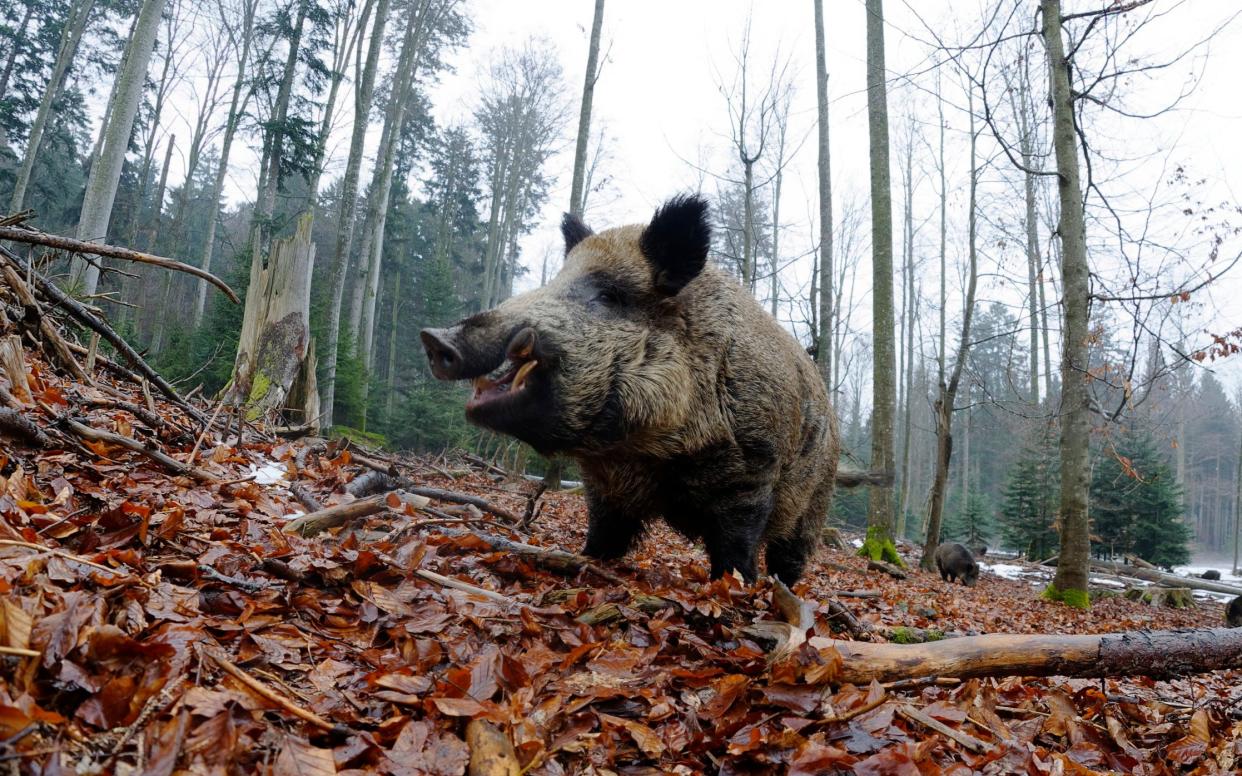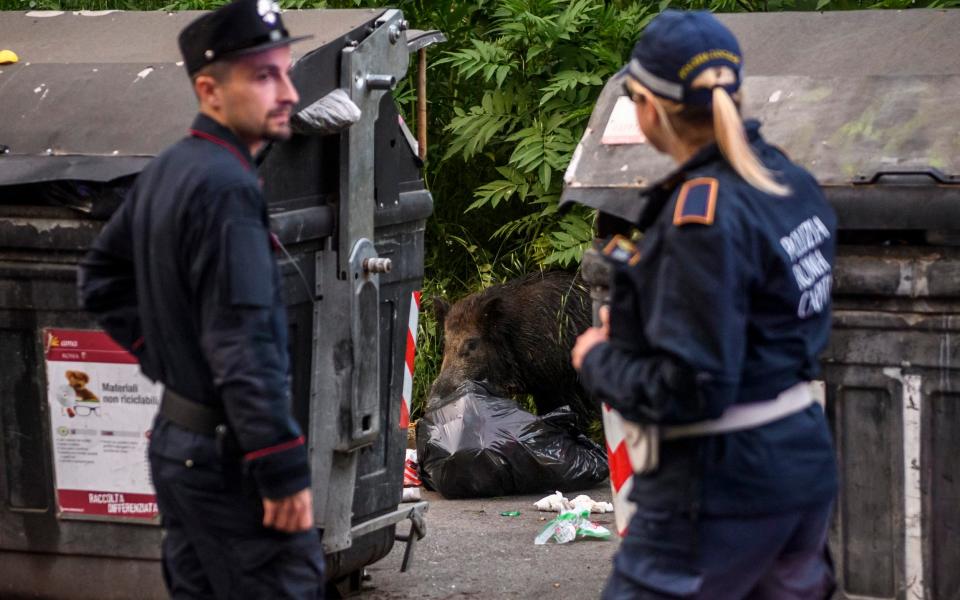How wild boars are threatening Italy’s prosciutto ham industry

Italy’s iconic prosciutto ham is under grave threat from burgeoning numbers of wild boar infected with swine fever, and the army should be drafted in to eradicate them, producers say.
The number of wild boar infected with African swine fever (ASF) is on the rise across Italy and threatens to have a devastating impact on one of the country’s most celebrated gastronomic products, which is worth 1.7 billion euros (£1.4bn) in consumer sales.
“There’s no time to lose,” said Stefano Fanti, the director of the Prosciutto Consortium of Parma, the city famed for its cured ham and other meat products.
“We need to step things up – we need to bring in the army against the wild boar, to increase funding for biosecurity, traps and fences and to have more hunters,” he told La Repubblica newspaper.
“We need to be clear – what is happening needs to be treated as an emergency, otherwise we won’t manage to overcome it. People are really worried about swine fever. If it passes from wild boar to our pigs, we will be forced to slaughter thousands of them and that will mean that prices for consumers will go up.”
Exports at risk
There have been 150 cases of swine fever found in wild boar so far in Emilia Romagna, the northern region where prosciutto is produced.
Special restrictions have been introduced in some areas which mean that producers can no longer export to countries like Canada, which have strict rules on the import of food products from regions where swine fever has been detected.
“There have been efforts to contain contagion from wild boar but they have been insufficient to resolve the problem,” said Mr Fanti.
There are around two million wild boar in Italy, according to farmers’ organisation Coldiretti.

Vincenzo Caputo, the head of a national taskforce on swine fever, has said he is ready to ask for the army’s help in managing wild boar numbers.
The regional government of Emilia Romagna says the number of wild boar needs to be reduced “drastically”.
Alessio Mammi, the regional official in charge of agriculture, said there was a “national emergency.”
He said the virus needed to be eradicated because of the threat it posed to the production of prosciutto and similar products, “which are known for their excellence around the world.”
African swine fever was first detected in mainland Italy in January 2022, since when at least 1,000 cases have been detected in wild boar.
The fever is deadly to pigs but is not a danger to humans, according to the European Food Safety Authority.
Wild boar act as a reservoir for the virus, for which there is no vaccine.
ASF is endemic in sub-Saharan Africa and first appeared in the European Union in 2014, since when it has spread across the continent.

 Yahoo News
Yahoo News 
